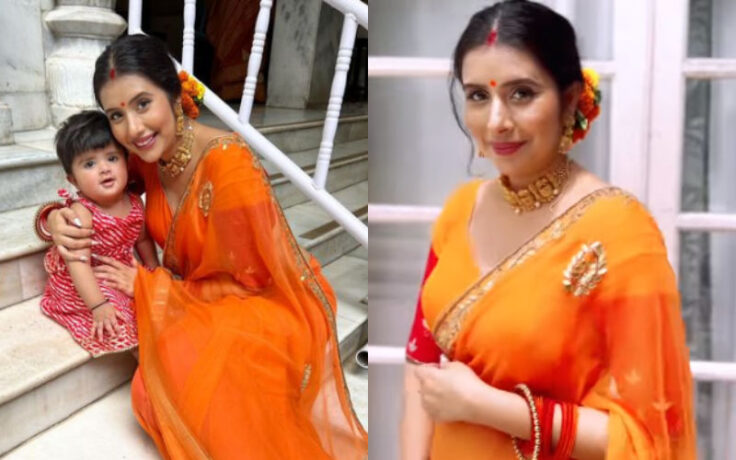
Priyanka Chopra, who has a long relationship with UNICEF, the UN agency that provides humanitarian assistance and development to children around the world, is currently on his way to Poland to meet with Ukraine refugees. As part of the trip to attract awareness about thousands of men, women and children who have been displaced because of the Russian invasion of Ukraine, Priyanka has shared detailed posts about various interactions. On Instagram, Priyanka has shared several play and painting photos with Ukraine children. Some children, the picture shows, also has gifts and handmade cards for multi-hyphenate.
Along with a beautiful postcard, Priyanka Chopra shared a painful tone and said, “Aspects that are not often discussed but very common in the crisis is a psychological impact on these refugees. I met so many women and children who tried to overcome the horror they witnessed in this war. UNICEF responded in Poland and in the region by ensuring that the psychologist team was available to help mothers and children at the blue point center, child development center, education center and other touch points. One of the most effective tools in helping children get back normal taste is a pleasant interaction … when children are encouraged from their homes based on war, conflict, or displacement in any form, access to parenting with parents, caregivers , and peers are important buffers is an important buffer for the effects of violence, difficulty, and other bad experiences. “
Speaking, especially, about the children he met in Poland, Priyanka Chopra added, “The children I met on this mission like to work with art. Coffee beans, salt, and household items are commonly used for art therapy and sensitivity therapy. When they work with different materials, as well as paint and color, therapists can understand their emotions. At first for example, children will draw with very dark colors, and over time the color becomes brighter. Another example is a handmade doll that I have by Ukraine children in every program that I visit with UNICEF. Each is unique and is believed to have the power of protection, which is really needed by these children today because the war wraps life and the future of children aged 5.7 million schools in the country. “









